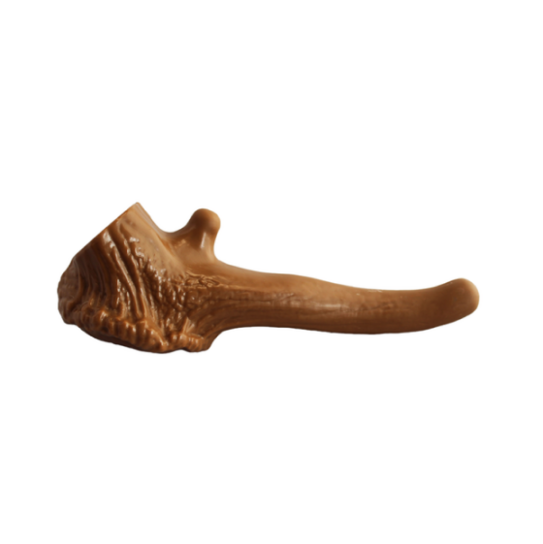Because Bull Terriers are purebred, they are more prone to adverse health conditions than mixed breed dogs. It is important if you choose to own a Bull Terrier that you are aware of their potential health risks and how you can address them.
Skin Problems
Bull Terriers are often at the vet for skin problems. They are especially prone to allergic skin disease and mostly white dogs are easily sunburned.
Skin Allergies
Allergic skin disease such as atopic dermatitis and contact allergies do seem to be more common in Bull Terriers. Atopic dermatitis is a sort of generalised allergy caused by items in the environment such as pollen, dust mites or grasses. It usually results in itching, hair loss and red, inflamed skin. Often affected dogs may lick their paws excessively and have recurrent ear infections.
Contact allergies can cause similar symptoms in dogs however the reaction is limited to areas where the dog has come into direct contact with the allergen (usually plants). Diagnosis of allergic skin disease in dogs can take some time as the underlying cause needs to be discovered, usually through a process of elimination. Management involves reducing or eliminating the allergen from the environment if possible, alongside potentially desensitisation and medication, dietary changes and topical therapies to manage symptoms.
Sunburn
Sunburn is easily combated by using a doggy sunscreen, restricting outdoor access during peak UV radiation periods, and using a dog sun suit if your Bully will be exposed to the sun for any length of time.
Deafness
Deafness is obviously a little difficult to diagnose but can be assumed for dogs that are unresponsive to calls and unaware when their owners get home from work. It isn't life-threatening unless they get out and can't hear oncoming traffic. It is important to be a diligent pet owner with Bull Terriers and give them extra care and attention if they are deaf.
Heart Defects
Heart defects can include leaky heart valves or narrowed valves that don't allow the normal passage of blood through the heart. This can result in heart murmurs or irregular heart beats. In order to investigate this, an echocardiogram (heart ultrasound) is recommended. Symptoms to look for include coughing, breathing difficulty, exercise intolerance, lethargy, and fainting.
Polycystic Kidney Disease
This inherited disease, also known as PKD, causes pockets of fluid to form in the kidneys. This can block their flow and function and result in symptoms such as vomiting, anorexia, lethargy, and excessive thirst. PKD can be diagnosed with bloodwork and an abdominal ultrasound. Dogs with PKD can still live relatively long lives if the disease is managed. Treatment often includes a special diet and medications to aid kidney function.










